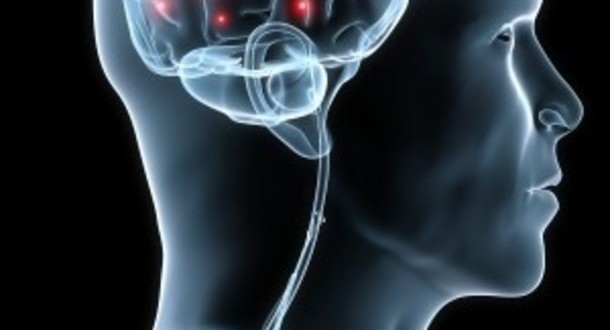A new paper in Free Radical Biology and Medicine
suggests that a diet low in vitamin D causes damage to the brain.
In addition to being essential for maintaining bone health, the new evidence found that vitamin D serves important roles in other organs and tissue, including the brain. The study showed that middle-aged rats that were fed a diet low in vitamin D for several months developed free radical damage to the brain, and many different brain proteins were damaged as identified by redox proteomics.
These rats also showed a significant decrease in cognitive performance on tests of learning and memory.
Professor Allan Butterfield, lead author if the study, said: “Given that vitamin D deficiency is especially widespread among the elderly, we investigated how, during aging from middle-age to old-age, low vitamin D affected the oxidative status of the brain.
“Adequate vitamin D serum levels are necessary to prevent free radical damage in brain and subsequent deleterious consequences.”
Vitamin D is known as the ‘sunshine vitamin’ and is not prevalent in many food sources and the study notes that individual food intake is not always the most efficient or nutritious way to boost your vitamin D levels. Foods that contain vitamin D include oily fish, eggs and fortified milk.
Previous studies have indicated that vitamin D deficiency may cause the onset of Alzheimer’s and has been linked to both cancer and cardiovascular disease.
Some health insurance providers can offer reward schemes for healthy eating and advice on what to eat to make sure you get your recommended daily allowance of all vitamins.
 Canada Journal – News of the World Articles and videos to bring you the biggest Canadian news stories from across the country every day
Canada Journal – News of the World Articles and videos to bring you the biggest Canadian news stories from across the country every day



